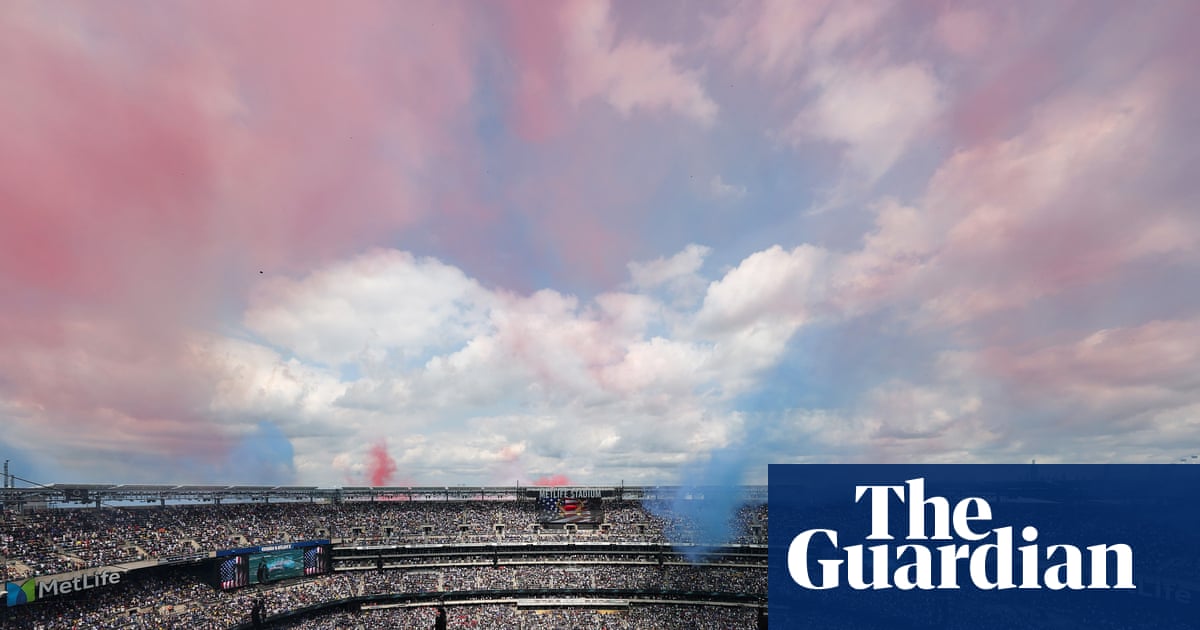
"When the first tickets for the 2026 World Cup went on sale last week, millions of fans joined online queues only to discover what Gianni Infantino's assurance that the world will be welcome really means. The cheapest face-value seat for next summer's final, somewhere in the gods of New Jersey's 82,500-seat MetLife Stadium where the players are specks and the football's a rumor, comes at a cost of $2,030 (oxygen tank not included)."
"The much-touted $60 tickets for group-stage games, propped up by Fifa as evidence of affordability, exist only as comically tiny green smudges on the edge of digital seating maps, little more than mirages of inclusivity. Fifa had kept the costs under wraps until the very moment of sale, replacing the usual published table of price points with a digital lottery that decided who even got the chance to buy. Millions spent hours staring at a queue screen as algorithms determined their place in line."
"The whole process resembled less a ticket release than a psyop to calibrate how much frustration and scarcity the public will tolerate. This, Fifa insists, is merely an adaptation to market norms in the United States, where most matches will be staged, as though gouging fans were a cultural practice to be respected like banning beer at the Qatar World Cup."
Ticket prices for the 2026 World Cup final and many matches are extremely high, with the cheapest face-value final seat listed at $2,030 and most upper-deck seats between $2,790 and $4,210. The advertised $60 group-stage tickets are effectively unavailable, appearing only as tiny digital indicators. Fifa withheld published price tables and ran a digital lottery that allowed algorithms to allocate queue positions, enabling bots and bulk buyers to capture lower-priced sections. Fifa increased prices on at least nine matches after one day of sales. The process prioritized revenue and scarcity, turning ticketing into a commercialized, fintech-style experiment rather than broad public access.
Read at www.theguardian.com
Unable to calculate read time
Collection
[
|
...
]